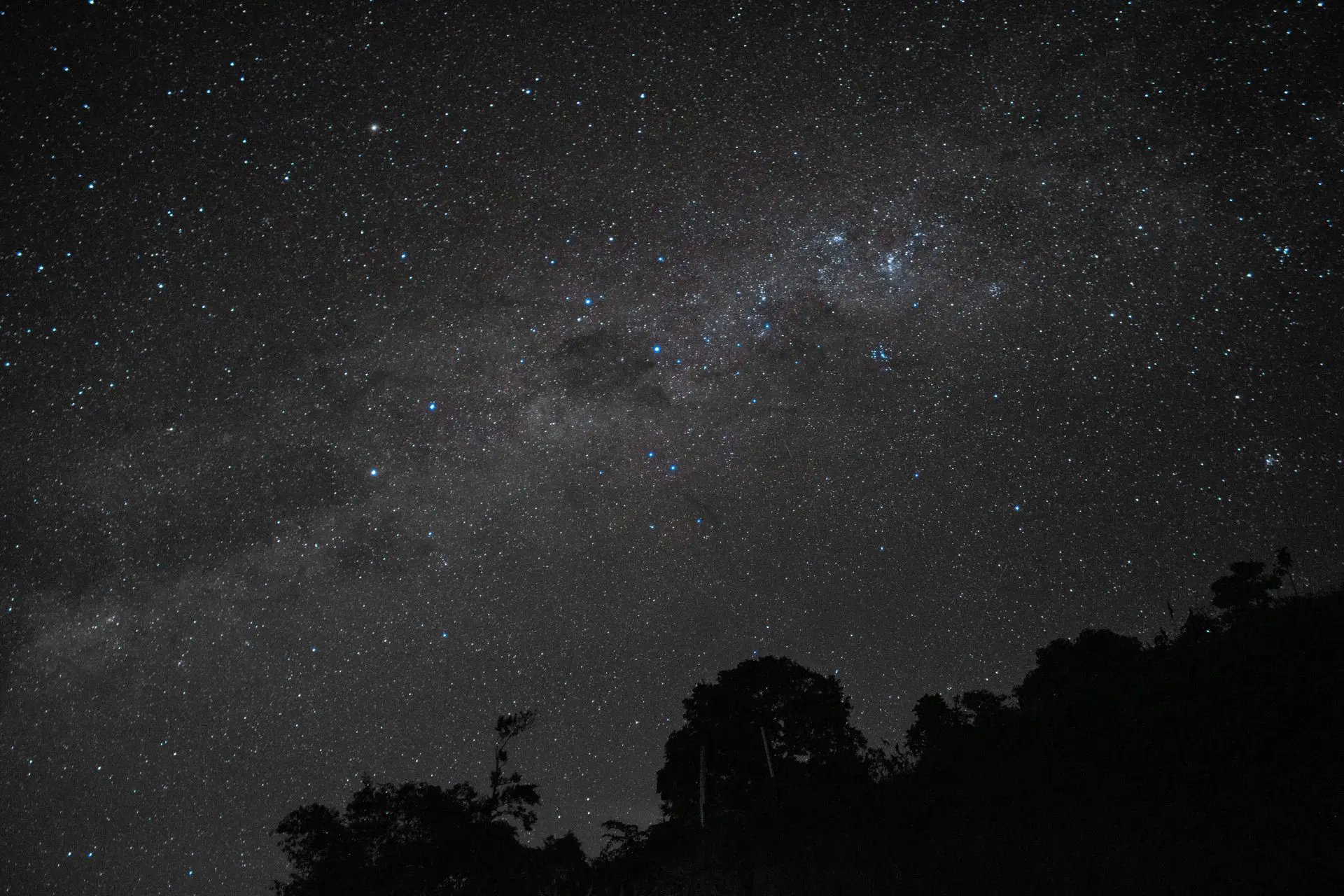Consciousness and Free Will: Exploring the Debate

Looking for more amazing products? Check out our online store and explore our collection here! Happy shopping!
Before diving in, please note: This post is for informational purposes only. If you’d like to know more about how we approach topics, feel free to check out our friendly Disclaimer Page.
Hey there, amazing readers! 
We’re committed to delivering quality posts, and your support (even just sticking around despite the ads) means everything to us. So, bear with us, and thanks for helping us keep the good vibes rolling. Now, on to the fun stuff!
TRANSLATE BUTTON AT THE END OF THE ARTICLE
Introduction: Understanding Consciousness and Free Will
Consciousness and free will are two of the most profound and debated topics in philosophy, science, and psychology.
The intersection of these concepts raises fundamental questions about what it means to be human and how we make choices.
Consciousness refers to our awareness of ourselves and the world around us, while free will pertains to our ability to make decisions independent of external influences.
This article delves into the intricate relationship between consciousness and free will, exploring various theories, perspectives, and implications.
The Nature of Consciousness: Definition and Theories
Consciousness is a multifaceted phenomenon that has intrigued scholars for centuries.
Defined as the state of being aware of and able to think about one’s thoughts, feelings, and experiences, consciousness encompasses a wide range of mental processes.
Various theories attempt to explain the nature of consciousness, including the Integrated Information Theory, Global Workspace Theory, and Higher-Order Thought Theory.
These theories offer different perspectives on how consciousness arises and functions in the human mind.
Defining Free Will: Philosophical and Scientific Perspectives
Free will, the capacity to make choices that are not predetermined by external forces, is a concept that has sparked intense philosophical debates.
Philosophers have long pondered the nature of free will, questioning whether humans possess true agency or are merely products of deterministic processes.
From a scientific standpoint, researchers have explored the neural mechanisms underlying decision-making and the extent to which our choices are influenced by genetic, environmental, and social factors.
The Relationship Between Consciousness and Free Will
The relationship between consciousness and free will is complex and multifaceted.
While consciousness is often seen as a prerequisite for free will, the exact nature of this relationship remains a subject of intense scrutiny.
Some argue that consciousness is a necessary but not a sufficient condition for free will, while others posit that free will is an illusion arising from our conscious experience.
Understanding how consciousness influences our decision-making processes is crucial for unraveling the intricacies of free will.
Determinism vs. Free Will: Key Arguments and Debates
One of the central debates surrounding consciousness and free will revolves around determinism versus free will.
Determinism posits that all events, including human actions, are ultimately determined by causes external to the will.
In contrast, proponents of free will argue that individuals have the capacity to make choices that are not wholly determined by prior factors.
This philosophical dichotomy underscores the tension between a deterministic view of the universe and the belief in human agency.
Neuroscience and Conscious Decision-Making
Advances in neuroscience have shed light on the neural processes underlying conscious decision-making.
Studies using brain imaging techniques have revealed patterns of neural activity associated with various cognitive tasks, including decision-making.
Neuroscientists are investigating how the brain integrates sensory information, processes emotions, and generates actions based on conscious deliberation.
Understanding the neural basis of consciousness is essential for elucidating the mechanisms that underlie free will.
The Role of Genetics and Environment in Free Will
The debate over free will also encompasses the role of genetics and environmental factors in shaping human behavior.
Twin studies and genetic research have demonstrated the heritability of certain traits and predispositions, raising questions about the extent to which genetic determinism influences individual choices.
Additionally, environmental influences, such as upbringing, education, and social conditioning, play a significant role in shaping our beliefs, values, and decision-making processes.
The interplay between genetics and environment complicates the notion of free will and underscores the need for a nuanced understanding of human agency.
Quantum Physics and the Debate on Free Will
Quantum physics has introduced a new dimension to the debate on free will, challenging traditional notions of determinism.
The indeterminacy inherent in quantum mechanics suggests that at the fundamental level of reality, events are probabilistic rather than deterministic.
Explore the Path to Spirituality and Enlightenment – Start Here.
Some philosophers and physicists argue that quantum randomness provides a space for genuine free will to operate, unbound by causal chains.
The implications of quantum physics for the nature of consciousness and free will continue to be a topic of active research and debate in both scientific and philosophical circles.
The Ethics of Free Will: Implications for Society
The concept of free will has profound ethical implications for society, influencing our understanding of responsibility, accountability, and moral judgment.
Legal systems, for instance, often rely on the assumption of individual agency to mete out punishments and rewards.
Questions about the fairness of holding individuals morally responsible for their actions arise when considering the complex interplay of genetic, environmental, and societal factors that shape behavior.
The ethical dimensions of free will raise crucial questions about how we define human autonomy and moral agency in a world governed by intricate causal relationships.
Practical Applications: Consciousness and Decision-Making
Understanding the interplay between consciousness and decision-making has practical implications for various domains, including psychology, education, and healthcare.
By elucidating the cognitive processes involved in conscious choice, researchers can develop interventions to enhance decision-making skills, promote self-awareness, and foster cognitive flexibility.
Applications of consciousness research extend to fields such as addiction treatment, mental health counseling, and organizational behavior, where insights into the mechanisms of decision-making can improve outcomes and enhance individual well-being.
Future Research Directions in Consciousness Studies
The study of consciousness and free will is a rapidly evolving field with exciting prospects for future research.
Advances in neuroimaging technology, artificial intelligence, and computational modeling offer new avenues for investigating the neural correlates of consciousness and decision-making.
Interdisciplinary approaches that combine insights from philosophy, psychology, neuroscience, and quantum physics hold promise for unraveling the mysteries of human cognition and agency.
Future research directions in consciousness studies will likely focus on integrating diverse perspectives, developing novel methodologies, and exploring the ethical and societal implications of our evolving understanding of consciousness and free will.
Conclusion: Finding Common Ground in the Debate
In conclusion, the debate over consciousness and free will encompasses a wide array of philosophical, scientific, and ethical considerations.
While the nature of human agency remains a contentious issue, exploring the relationship between consciousness and free will sheds light on the complexities of decision-making and moral responsibility.
By bridging the gap between different disciplines and perspectives, we can strive to find common ground in the debate and deepen our understanding of what it means to be conscious, self-aware, and morally autonomous beings.
As we continue to navigate the ever-evolving landscape of consciousness studies, it is essential to remain open to diverse viewpoints, engage in rigorous debate, and embrace the inherent uncertainties that underpin our quest to unravel the mysteries of the mind.

The Enlightenment Journey is a remarkable collection of writings authored by a distinguished group of experts in the fields of spirituality, new age, and esoteric knowledge.
This anthology features a diverse assembly of well-experienced authors who bring their profound insights and credible perspectives to the forefront.
Each contributor possesses a wealth of knowledge and wisdom, making them authorities in their respective domains.
Together, they offer readers a transformative journey into the realms of spiritual growth, self-discovery, and esoteric enlightenment.
The Enlightenment Journey is a testament to the collective expertise of these luminaries, providing readers with a rich tapestry of ideas and information to illuminate their spiritual path.
Our Diverse Expertise
While our primary focus is on spirituality and esotericism, we are equally passionate about exploring a wide range of other topics and niches 

To ensure we provide the most accurate and valuable insights, we collaborate with trusted experts in their respective domains 
Our blog originally focused on spirituality and metaphysics, but we’ve since expanded to cover a wide range of niches. Don’t worry—we continue to publish a lot of articles on spirituality! Frequently visit our blog to explore our diverse content and stay tuned for more insightful reads.
Hey there, amazing reader! 
Check out our store here and take a peek at some of our featured products below! Thanks for being awesome!












